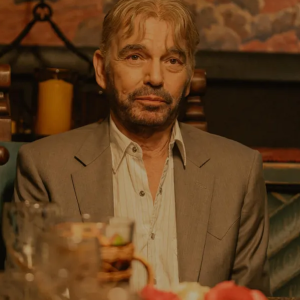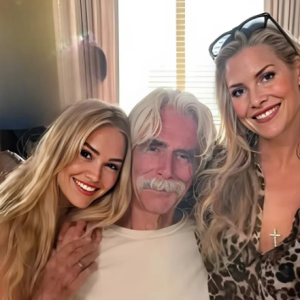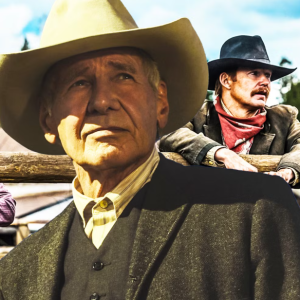Taylor Sheridan, once a familiar face in the acting world, has transcended his early career to establish himself as one of Hollywood’s most prolific and distinctive storytellers. Renowned for curating compelling narratives and injecting an unpredictable edge into his projects, Sheridan’s vision has birthed celebrated works such as “Yellowstone,” “1923,” and the critically acclaimed film “Hell or High Water.” For years, he garnered immense acclaim and respect, cultivating a fervent fanbase captivated by his gritty, authentic portrayal of the American West and complex human struggles. However, a noticeable shift in public sentiment suggests that the “Sheridan fever” might be receding.
As fans increasingly scrutinize his recent output in comparison to his earlier masterpieces, a stark divide has emerged. This critical re-evaluation has led many to voice concerns that even his most ambitious projects now reflect a downturn in quality, potentially damaging the very legacy he so painstakingly built.
Sheridan’s ascent as a visionary storyteller truly solidified following his work as a writer on 2015’s “Sicario,” a taut thriller that showcased his talent for sharp dialogue and intricate plotting. This success paved the way for a string of highly commended projects, most notably the expansive “Yellowstone” franchise and its growing list of spin-offs, alongside standalone hits like “Wind River” and “Special Ops: Lioness.” His ability to craft compelling characters, coupled with a knack for exploring themes of land, loyalty, and justice, quickly endeared him to a wide audience. The original “Yellowstone” series, in particular, became a cultural phenomenon, drawing millions into the dramatic world of the Dutton family and their sprawling Montana ranch. Its success spurred the creation of prequel series like “1883” and “1923,” further cementing Sheridan’s reputation for world-building and narrative ambition.
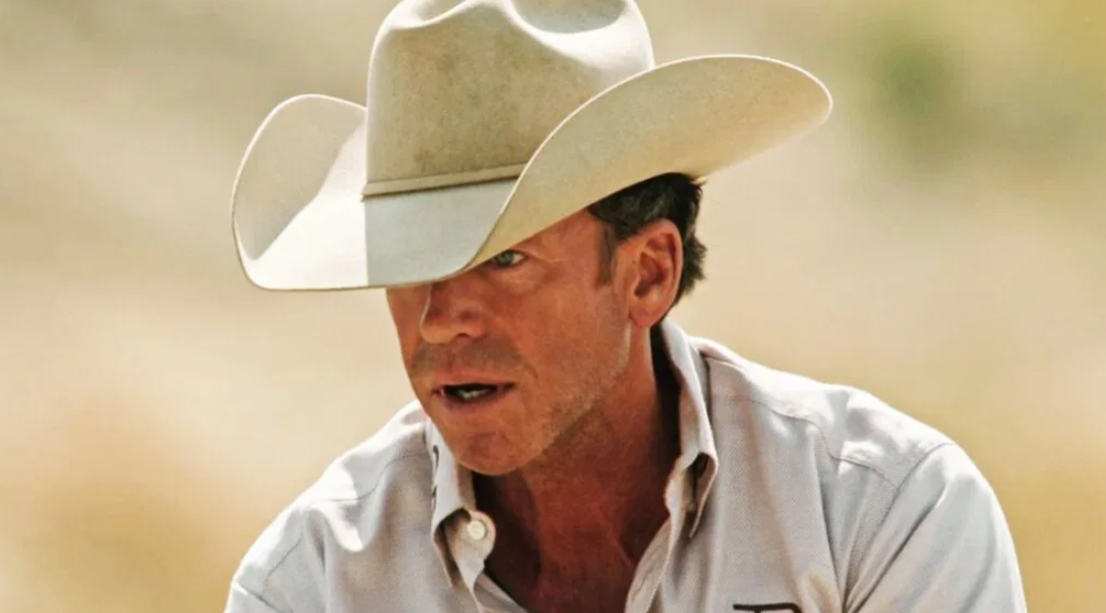
However, a chorus of dissent has begun to rise, particularly concerning his more recent endeavors. This sentiment is palpable across online forums and social media, where fans dissect his latest offerings with brutal honesty. While earlier works, including the first season of “1923” and films like “Hell or High Water,” continue to receive widespread praise, opinions have drastically soured on more contemporary titles. Some fans, for instance, champion his cinematic achievements while criticizing his television shows, labeling them as subpar. Conversely, many argue that earlier TV projects such as “1883” and “Tulsa King” possessed a charm and narrative coherence largely absent from recent seasons of flagship shows like “Yellowstone” (specifically Season 5) and the second season of “1923.”
These increasingly vocal opinions strongly suggest that while Sheridan’s early years as a Hollywood storyteller saw him deliver some of the most captivating and epic pieces of his generation, his recent performance has, by many accounts, deteriorated. This has led to a noticeable preference among the fanbase for his older, more acclaimed works, even when compared to new installments of their beloved series.
The question that now looms large is whether Taylor Sheridan’s latest projects have truly lost the unique charm that once captivated and amused his audience. The answer, it seems, is a resounding yes for a significant portion of his followers. While new works like “Landman” and the most recent seasons of “Yellowstone” and “1923” undoubtedly still draw considerable viewership, they are perceived by many as failing to uphold the high standards Sheridan himself established. This perceived decline has led to scathing critiques, with accusations of lazy and poor-quality writing becoming increasingly common.
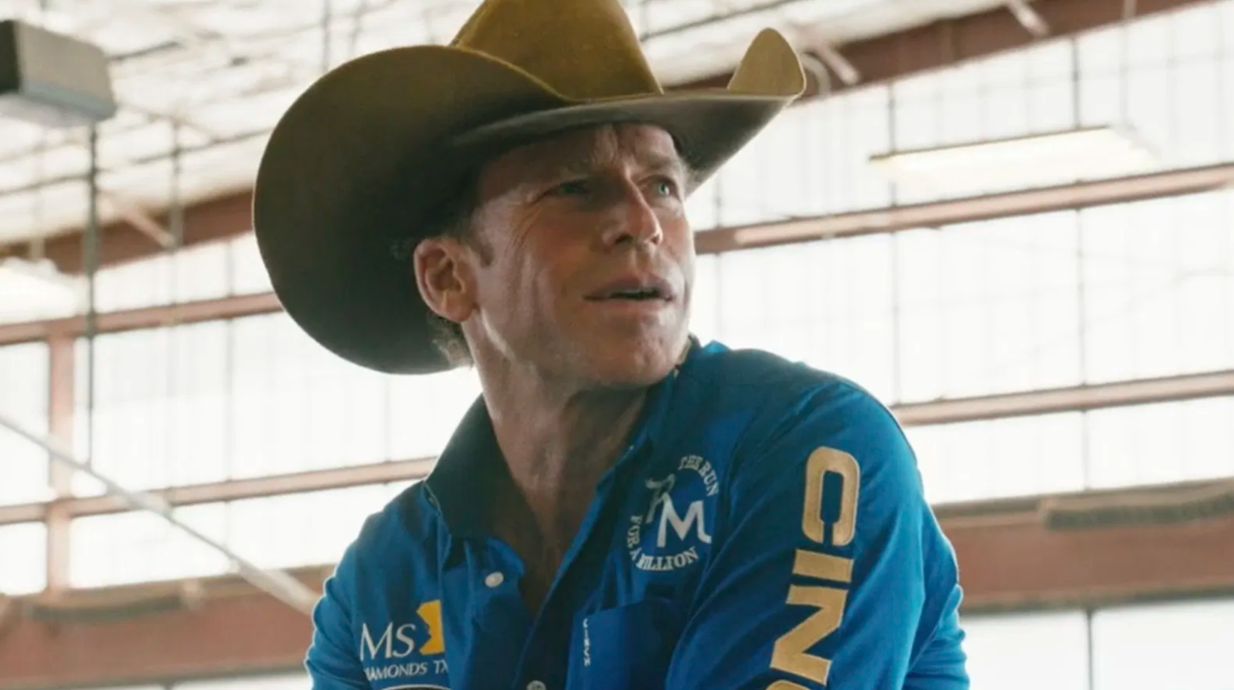
A prime example of this discontent is the backlash surrounding the proposed series finale for “Yellowstone” (prior to its anticipated conclusion). Fans widely criticized what felt like a rushed conclusion, delivering underwhelming closure on pivotal storylines, most notably the protracted and often perplexing arc of Jamie Dutton. The character, intended as a complex antagonist, frequently suffered from inconsistent motivations and a narrative that seemed to circle endlessly without resolution, leaving viewers frustrated by the lack of a satisfying payoff. The extended hiatuses between parts of Season 5 further exacerbated this frustration, creating a disjointed viewing experience that dulled the series’ once sharp edge. The absence of lead actor Kevin Costner as John Dutton in the final episodes also cast a long shadow, forcing a narrative pivot that many felt compromised the show’s original vision and led to a less impactful resolution for the central family drama.
Similarly, the second season of “1923” faced significant fan disappointment. Critics argued that Sheridan excessively extended the narrative, pushing the characters through a relentless barrage of tragic events. While tragedy has always been a hallmark of the Dutton saga, in “1923” Season 2, it felt unceasing and, at times, gratuitous, leading to a sense of exhaustion rather than compelling drama. The relentless suffering, without sufficient moments of respite or hope, transformed what was once a compelling historical drama into a melancholic descent that left many viewers feeling emotionally drained and narrative-weary. The pacing also came under fire, with some believing the story meandered rather than progressing with the urgency and purpose that defined its predecessor.
Even “Landman,” one of his newer ventures, has not escaped scrutiny. Criticisms have emerged regarding its character development, particularly concerning its female characters. Some viewers have found them to be less fleshed out or at times, serving more as plot devices rather than fully realized individuals, lacking the depth and agency seen in some of Sheridan’s earlier work. This perceived regression in character writing, especially for women, has fueled the broader accusation that the sheer volume of Sheridan’s output is now compromising the intricate detail and authenticity that once defined his storytelling.

All these instances collectively paint a picture of a creator who, for some inexplicable reason, has lost a degree of the narrative magic that once captivated his loyal fanbase. This decline is largely attributed to what many perceive as an overcommitment, with Sheridan working on an ambitious number of projects concurrently. While this prolific output initially generated excitement, it now leads to accusations of “lazy writing,” suggesting that the focus and meticulous attention to detail that characterized his earlier successes may have been diluted across his burgeoning empire. The primary issue, his most devoted fans contend, lies in the potential for a sprawling universe to unravel when the singular creative vision is spread too thin, impacting continuity, character consistency, and overall narrative cohesion.
While Taylor Sheridan’s monumental impact on contemporary television and film remains undeniable, the mounting fan discontent serves as a critical reflection on his current trajectory. The challenge for Sheridan now lies in proving whether he can reclaim the narrative precision and emotional depth that cemented his initial legacy, ensuring his expansive universe continues to resonate with the quality and authenticity his audience has come to expect.
